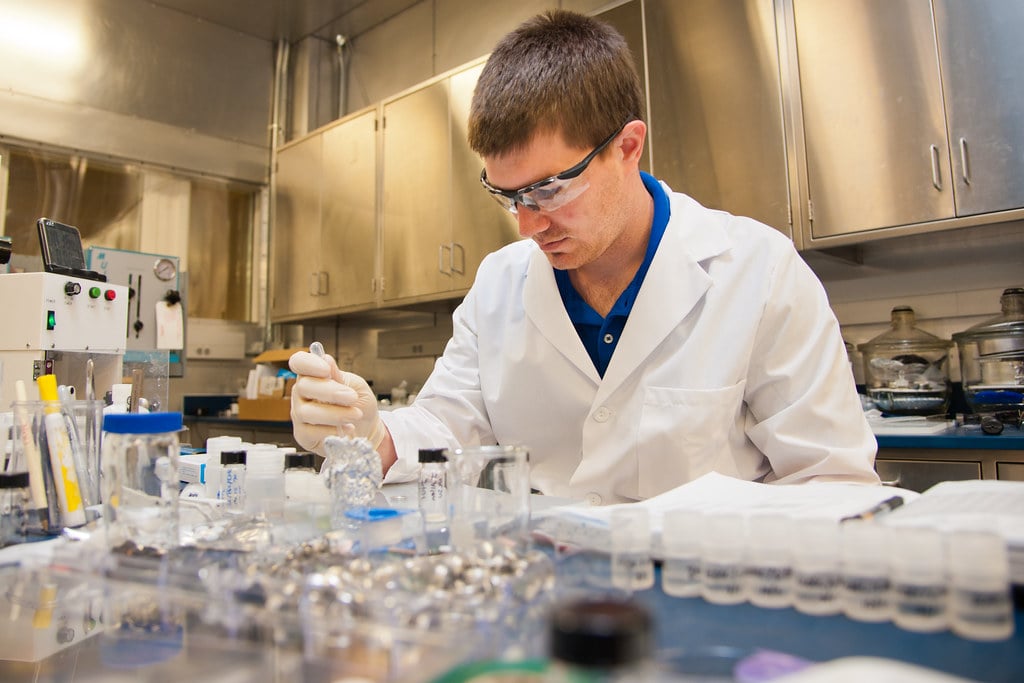Researchers from Cambridge University and the University of Aberdeen have found a therapy for acute myeloid leukemia (AML) using the magic bullet technique. The method targets specific antibodies to fight the illness. Existing treatments that require patients to have extended hospital visits are arduous and invasive.
One of the current therapies includes chemotherapy, radiotherapy, and bone marrow transplantation. Bone marrow transplantation is painful and comes with many adverse effects. Most patients receive treatment as part of a clinical trial.
About 3000 people are diagnosed with AML yearly in the U.K. The disease mainly affects older people above the age of 75. Since the disease progresses quickly, physicians usually start treating it as soon as they diagnose it.
AML cells have high levels of siglec-15
Researchers discovered that AML infected cells have a high concentration of siglec-15 on their surface. They then find a molecule capable of binding to siglec-15 and going into the affected cell with a toxin that would destroy it. There was no damage to healthy cells.
According to the lead study author and research fellow at the University of Aberdeen, Dr. Huan Cao, the purpose of the study was to find a targeted therapy for AML. For this to happen, they searched for a disease-specific molecule to make antibodies against AML.
Cao adds that when comparing the diseases to healthy cells, his team realized that AML cells highly expressed siglec-15. For this reason, they decided to find a way to use the information to their advantage. They wanted to find a molecule that could attach to siglec-15, attach a toxin to it, and let it destroy the cancer cells.
Scientists have used the magic bullet for other forms of cancer
Doctors have used the magic bullet method to treat other types of cancer. However, until now, scientists have never tried to use it for AML. The treatment could benefit many elderly patients while leaving them with minimal adverse effects.
The magic bullet treatment is still in the experimental stages. In addition, researchers plan to conduct clinical trials to it on patients with the disease. They hope that they can develop the therapy in 3-5 years to help AML patients.
The Biotechnology and Biological Sciences Research Council (BBSRC) funded the study.


